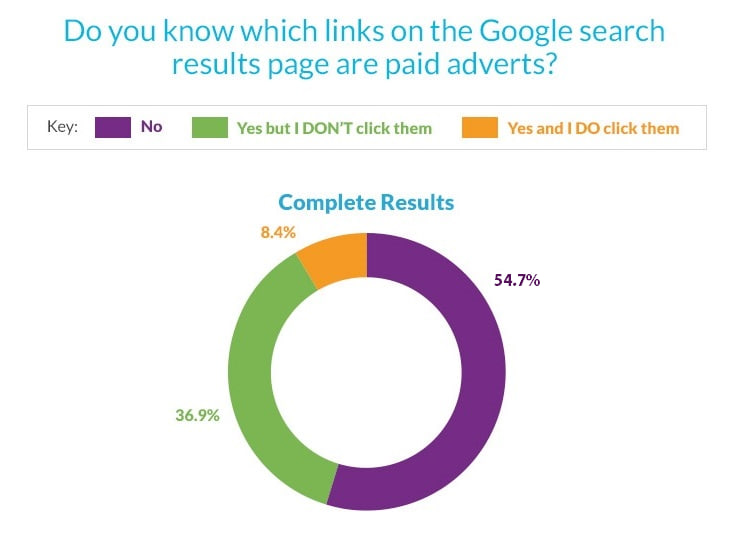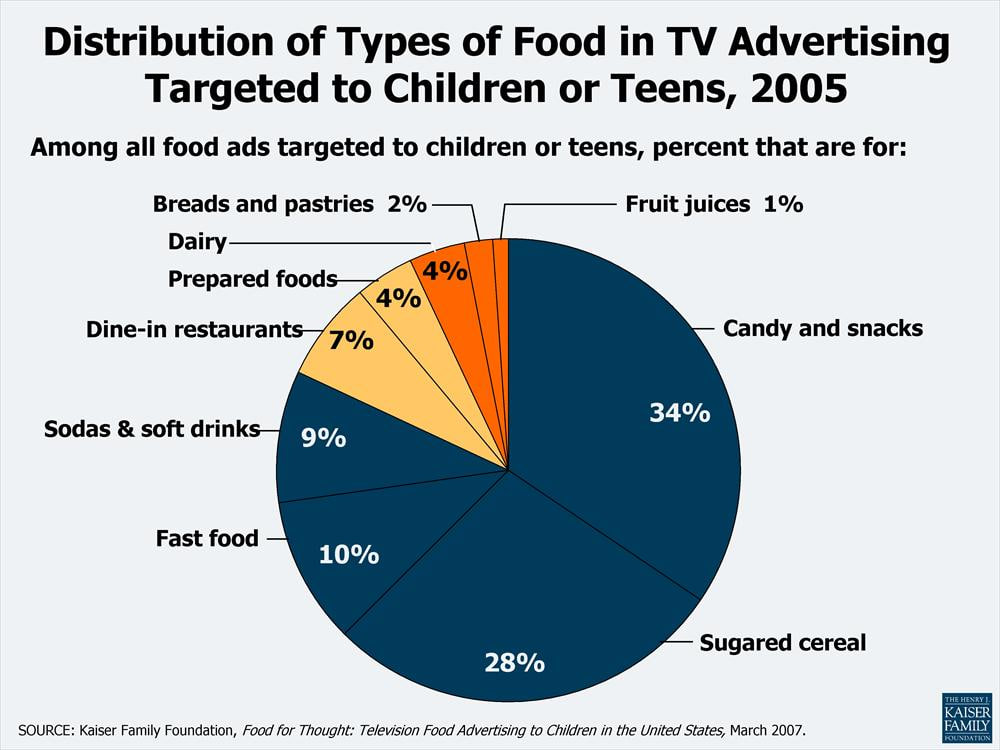Here’s what psychologists think about protecting children from ads
June 1st is celebrated in many countries as the International Children's Day. On this day we decided to find out what psychologists think about the impact of advertisement on children and whether kids need to be protected from ads or not.
We looked through several research papers and reviews on this topic, and there are some of the key findings.
Up to a certain age, children do not distinguish advertising from other types of content. They start to see a difference between commercials and programs at the age of 4-5 years, but not on the basis of their content and expressed messages, but by external signs — the commercials are shorter or "more fun".
Up to 7-8 years, children do not realize the fact that advertising tries to convince them of something. It’s unclear, at what age the ability to resist the persuasive force of an ad and to treat it critically appears, but it’s obviously the next level of cognitive development. Of course, in the case of each child, the exact age depends on its individual characteristics, lifestyle, the course of development and upbringing.
The Internet is like the television, only worse
It’s easier to differ ads from non-commercial content on TV because commercials interrupt broadcasting, go after an announcement and are highlighted in other ways. Advertising on the Internet tends to be much less distinguishable. A study in 2013 found out that only 16% of children aged 8-11 years recognized paid search results as advertising, although they had a coloured frame and were marked as ads.
In the age category of 12-15 years, 31% of children distinguish advertising in the search results. Surprisingly, several similar studies have shown that even among adults, the presence of advertising in search results is recognized and noticed by less than half of users, and this share decreases, because advertising is being marked more and more vaguely.

Finally, even if a child recognizes ads and their convincing intentions, he may not yet be able to assess the conformity of advertising information with truth, facts, logic and common sense. Actually, not every adult can do that.
A number of studies using different methods confirmed that even a single ad causes recognition of the advertised product and attempts to influence consumer decisions of their parents by children. Refusal of parents to buy the product leads to conflicts.
Actually, scientists have confirmed and documented the phenomena that almost every parent can observe by himself.
There are studies confirming the link between tobacco and alcohol advertising seen by kids with a positive attitude to the consumption of the corresponding products. The "mascots" of some brands (frogs from Budweiser beer ad, the camel from the cigarette campaign) are popular with children, remembered by them, increase brand recognition and form a positive attitude towards it. Some experts believe that all this contributes to the statistics of smoking and drinking at an early age. Fast food, candy, and sweet drinks advertisements have been closely associated with childhood obesity.

Most studies of the influence of advertising on children were conducted in the last decade and are inspired primarily by TV ads. But their conclusions can be fully extended to Internet advertising. Its impact on children should be even more substantial because Internet marketers have the opportunity to target ads much more accurately. Marketers can track a kid on the Internet even if he uses a device together with the parents, collect information about him and show ads that correspond to his sex, age, tastes, and lifestyle.
Why do children see ads on the Web?
Most advertising systems do not "officially" have options for targeting minors, that is, you can not use a setting "show this advertisement to a five-year-old". But it is not difficult for a professional to set up a campaign so that ads would show up on websites that a five-year-old visits and apps that he uses would stick to the content he seeks on the web, like cartoons, games, video blogs and so on.
Social networks’ user agreements allow only to people older than 14 years to sign up, but in fact, a fairly large number of children have accounts in various services. Marketers have the opportunity to select users that have joined a community or a channel as an advertising audience. So, if a child had joined a group devoted to his favourite cartoon character, he can see ads of children-oriented products on other sites participating in the advertising network.
Information on the Internet is perceived by children with a greater degree of trust than on TV. The British study of children’s online behavior even showed a growing confidence on the Internet in 2015 compared to 2014. In the category of 8-11 years old, 23% of children believe that ALL of the information on the Internet is true, in 2014 12% thought so. For the age group of 12-15 years, 14% in 2015 and 8% in 2014 believed everything they saw on the Internet. The researchers partly explain this by improving the quality of Internet sites and applications. We agree with them that low-grade content on the web eventually becomes less common. But it does not disappear at all, so the critical thinking is important, especially for children.
Above we’ve mentioned the fact that children do not know about paid search results. In addition, less than half (47%) of children aged 12-15 years are aware that vloggers (video bloggers) can take money for mentioning and recommending products. Only 45% know about ad personalization, about the fact that ads can adapt to their behavior online.
What can be done?
It’s no surprise that parents find it useful to protect children from advertising on the Internet. Most children are not yet able to the same extent as adults, to treat information critically and assess it for compliance with facts, but they are more influenced, and besides, the strongest emotional links are formed in the childhood. Advertising contributes to the formation of kids’ personalities, habits, and tastes, and does so in the interests of commercial corporations, and not the kids themselves. Systems of marketing analytics begin to collect data about a user from a very early age, which will allow them to more successfully manipulate his or her behavior and desires in the future.
AdGuard blocks advertising by default, as this is its key function. It also has the ability to protect against unwanted content. It has a "Parental Control" section in the version for Windows (for the information about its features and configuration options please address our Knowledge Base). On mobile devices, you need to configure AdGuard DNS family protection.
Let your children grow up free from consumer pressure and manipulation.
Sources:
- apa.org/pubs/info/reports/advertising-children.aspx
- ofcom.org.uk/__data/assets/pdf_file/0024/78513/childrens_parents_nov2015.pdf
- PsychologyToday.com/blog/media-spotlight/201307/television-commercials-and-your-child
- Omicsgroup.org/journals/effects-of-advertising-on-youth-age-group-of-1319-years-age-2165-7912-1000260.php?aid=55059
- clickz.com/55-of-users-dont-recognise-ppc-ads-in-google-search-results/104838












































